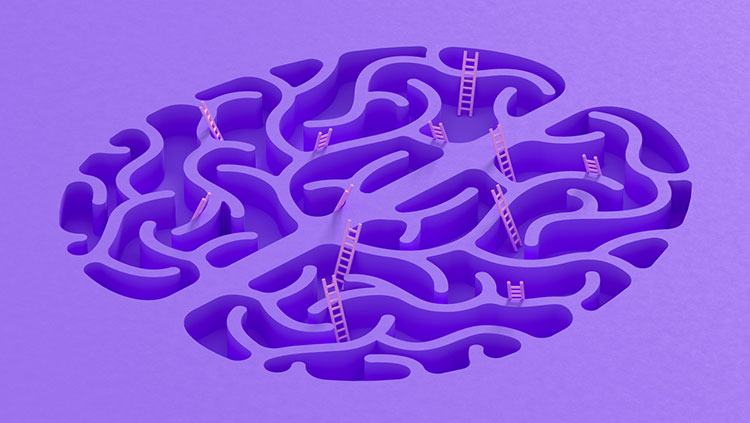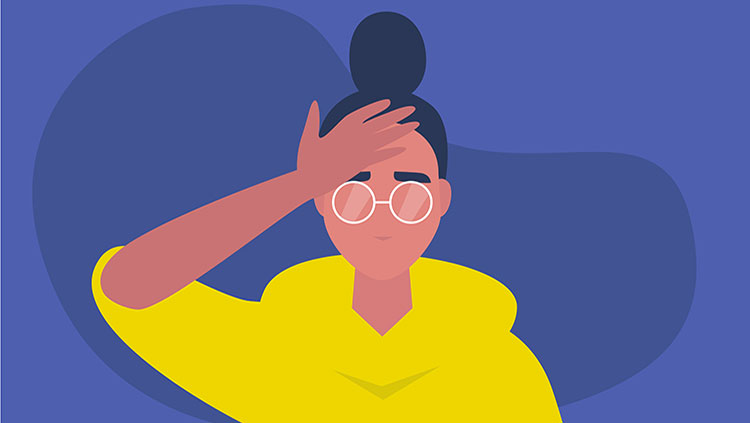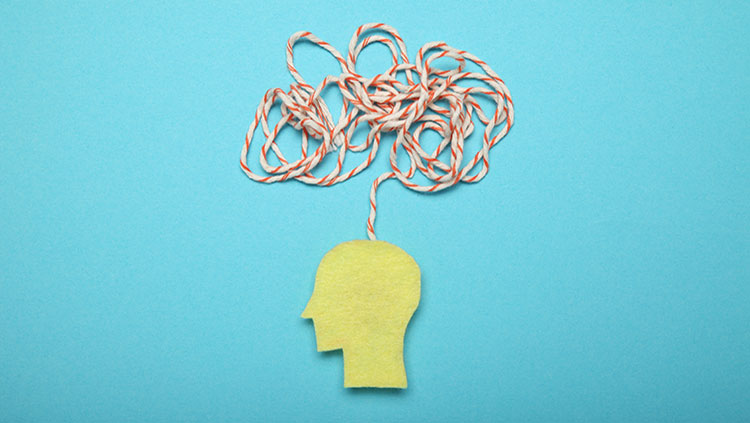The Funny Bone: Butt Dialing Your Brain
- Published13 Sep 2018
- Reviewed13 Sep 2018
- Source BrainFacts/SfN
What can the funny bone tell us about how we feel? This video explains the basics of how neurons fire, and explores what we can learn from the feeling of banging our funny bone.
This video won third place in the 2018 Brain Awareness Video Contest.
CONTENT PROVIDED BY
BrainFacts/SfN
Transcript
[Music] you've probably hit your elbow before and felt a weird tingling shock run down your arm. in this video I'll try to explain why this little glitch happens and what it can tell us about how we feel — anything at all. people call it the funny bone but it's actually a nerve. you probably know that nerves are the body's data cables but to really understand what's going on here we're gonna have to talk about the cells that make them up neurons.
Neurons are cells with special electrical properties and they're responsible for all the moving feeling and thinking you do. they come in many shapes and sizes but in general they've got a main body a bunch of dendrites and one axon. the dendrites can be thought of as the inputs collecting electrical signals and bringing them to the cell body.
if the neuron gets enough input it fires a pulse of energy down its axon. this signal can then be picked up by the dendrites of other neurons. this can happen hundreds of times a second and the resulting networks give rise to all of your experiences. so that's a neuron broadly speaking. we'll need to go one level deeper to understand the funnybone effect, though. what are these pulses of energy?
The electrical energy in a neuron exists across its membrane. the neuron actually has tiny little pumps that move electrically charged particles across the membrane to maintain a gradient. you've probably heard these particles and commercials for sports drinks. they're what make up electrolytes. this is one of their uses. so we have this imbalance like a little dam with energy stored up across the membrane. this is called the resting potential. when the neuron wants to fire it just opens gates in the membrane at the base of the axon. unless the particles rush through you might imagine that they would pour down the axon like a little electrical River but that alone would be far too slow and weak for the neurons purposes. instead there's a very clever system in place as the electrical charge changes other gates further along the axon are triggered to open. this process repeats all the way down like a line of dominoes and we have our pulse of energy called the action potential. this is how neurons communicate.
Okay, so let's get back to your elbow. what you're hitting is a nerve. like I said, a bundle of axons from neurons communicating between your hand and your brain. these neurons in particular are possible for information coming from your pinky finger and about half of your ring finger and palm. when you hit them, here physically squishing their axons, this allows for some particles to cross their membranes. it turns out that action potentials don't need to start from the base of the axon — they can start anywhere along it as long as there's a big enough change in charge for the gates to open. so compressing a nerve is a bit like hitting the middle of a row of dominoes. the chain reaction will actually go both ways along it from the point of impact. now your brain at the other end is listening to this nerve and giving you sensations based on its activity but it can't tell that these weird signals from smacking your elbow aren't genuine information about something that happened to your hand. You've effectively bun tile to your brain. it does the best it can to interpret the signals and that's when you get this bizarre tingly buzzing sensation.
It's kind of your brain's version of the static of TV shows when it's trying to turn the random signals on an empty station into images. you can experience it yourself if you hold out your arm and gently tap your fingers between the two bones on your elbow. any tingling you feel in your hand is actually a signal from your elbow that your brain is misinterpreting. you can even feel the boundaries of where your brain expects this nerve to have information about. only one side of your ring finger will tingle so this annoying experience of hitting your funny bone actually provides a look under the hood. as your brain creates your experiences from nerve signals the fact that your nerves can go off willy-nilly if you hit them might seem like a problem but most of your nerves are well protected by muscle and bone it can be a useful feature.
In fact specialized neurons that are extra sensitive to pressure are responsible for your ability to feel all touch. everything you've ever felt with your pinky has been sent to your brain along this nerve as electrical impulses. really anything you feel with your body at all is your brain interpreting nerve signals. you can't feel what it's like to be touched directly only what it feels like to receive these inputs to your brain. this might seem like kind of a meaningless philosophical distinction.
But there's another glitch in your body that can reveal the difference between being touched and feeling touch as it happens. it has to do with your elbow again. this skin covering your elbow is missing the special neurons that can sense painful pressure. if you extend your arm and touch your elbow you'll be able to feel that just fine but if you give it a pinch you won't feel anything at all. there are no neurons there to send messages to your brain so you can't experience the feeling of pressure.
Remember to be gentle again it's insensitive not invulnerable. so there you have it you can feel without touch and touch without feel. our brains are excellent at making sense of the world but perception is an active process. even feeling things with your skin is fundamentally an active interpretation that can sometimes go wrong. I hope you've enjoyed this video thanks for watching and stay curious.
Also In Pain
Trending
Popular articles on BrainFacts.org

















